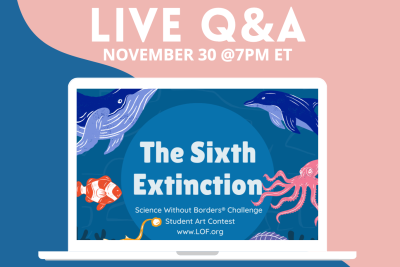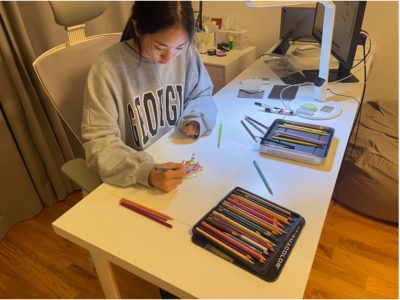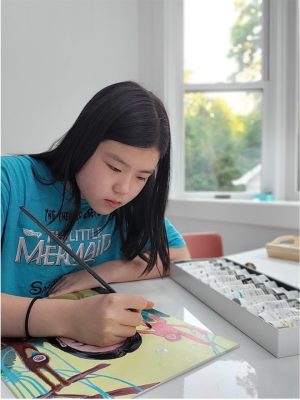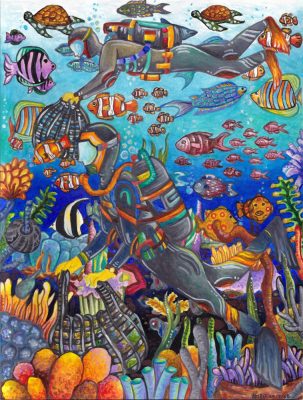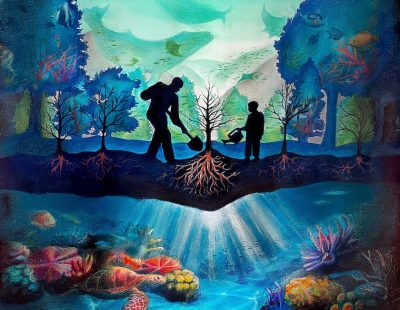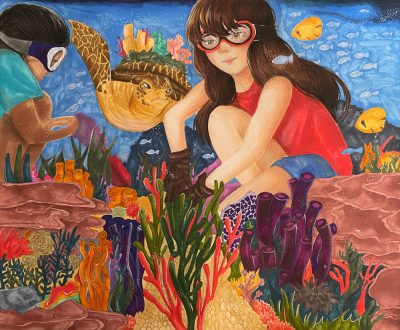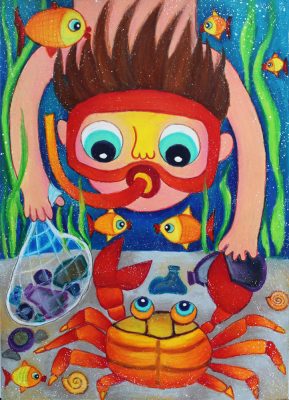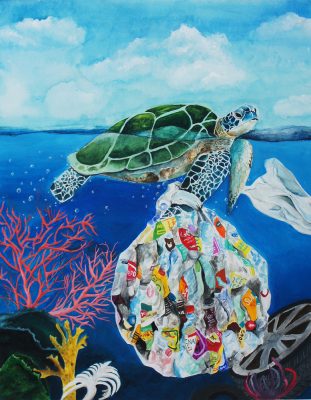
The Sixth Extinction
Throughout the history of the planet, there has been an evolution and flux of species. From the first microorganisms found in the ocean billions of years ago, to the evolution of land-based plants, invertebrate and vertebrate animals, reptiles, mammals, and

